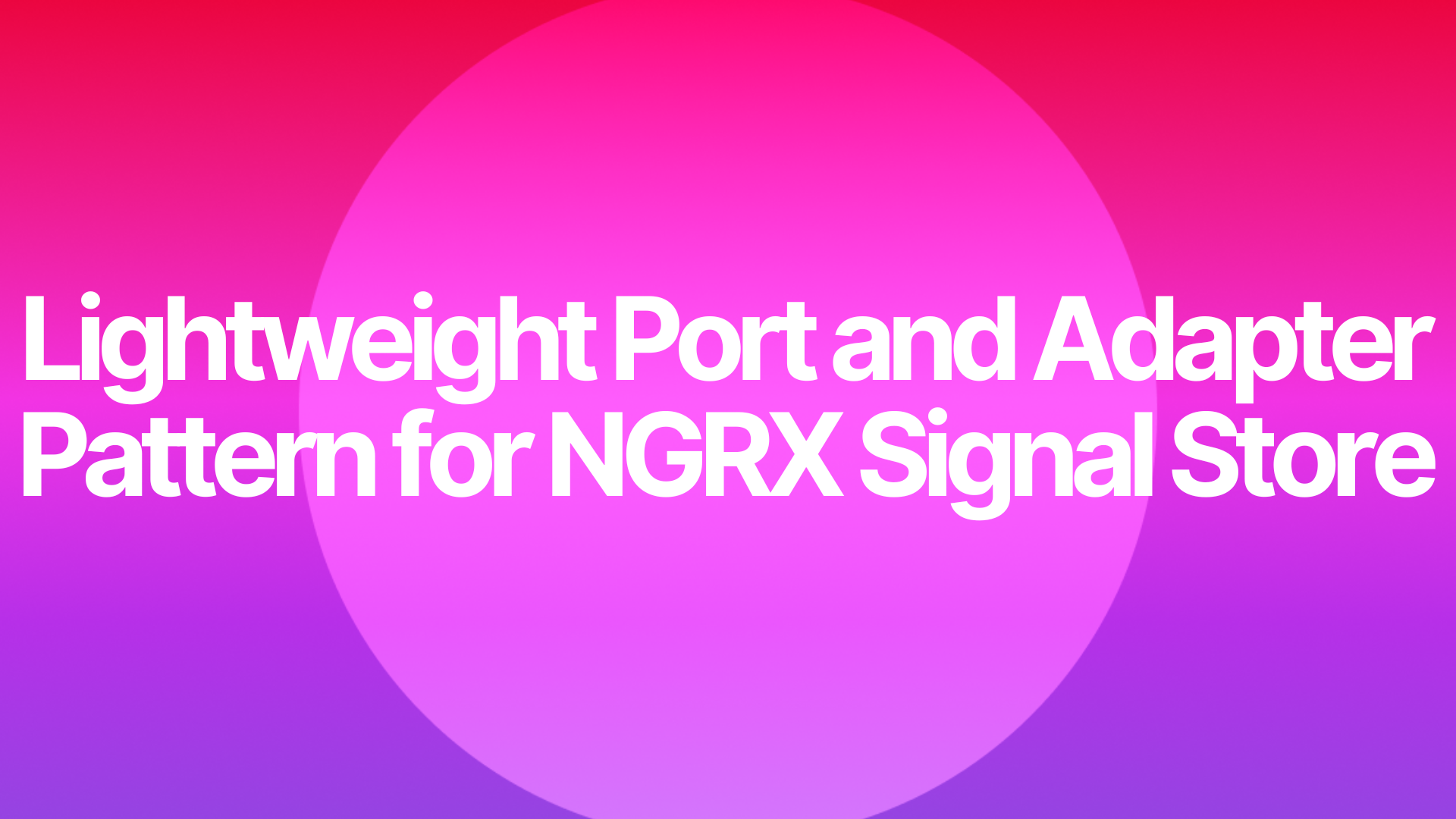
Lightweight Port and Adapter Pattern for NGRX Signal Store
What is ngrx Signal Store? The NgRx Signal Store is a state management solution for Angular applications that is built on top of Angular’s reactive signals, which were introduced …
This is the place where you can learn Angular, discover best practices, explore advanced techniques, and stay updated with the latest news and trends.
Powered by House of Angular

What is ngrx Signal Store? The NgRx Signal Store is a state management solution for Angular applications that is built on top of Angular’s reactive signals, which were introduced …
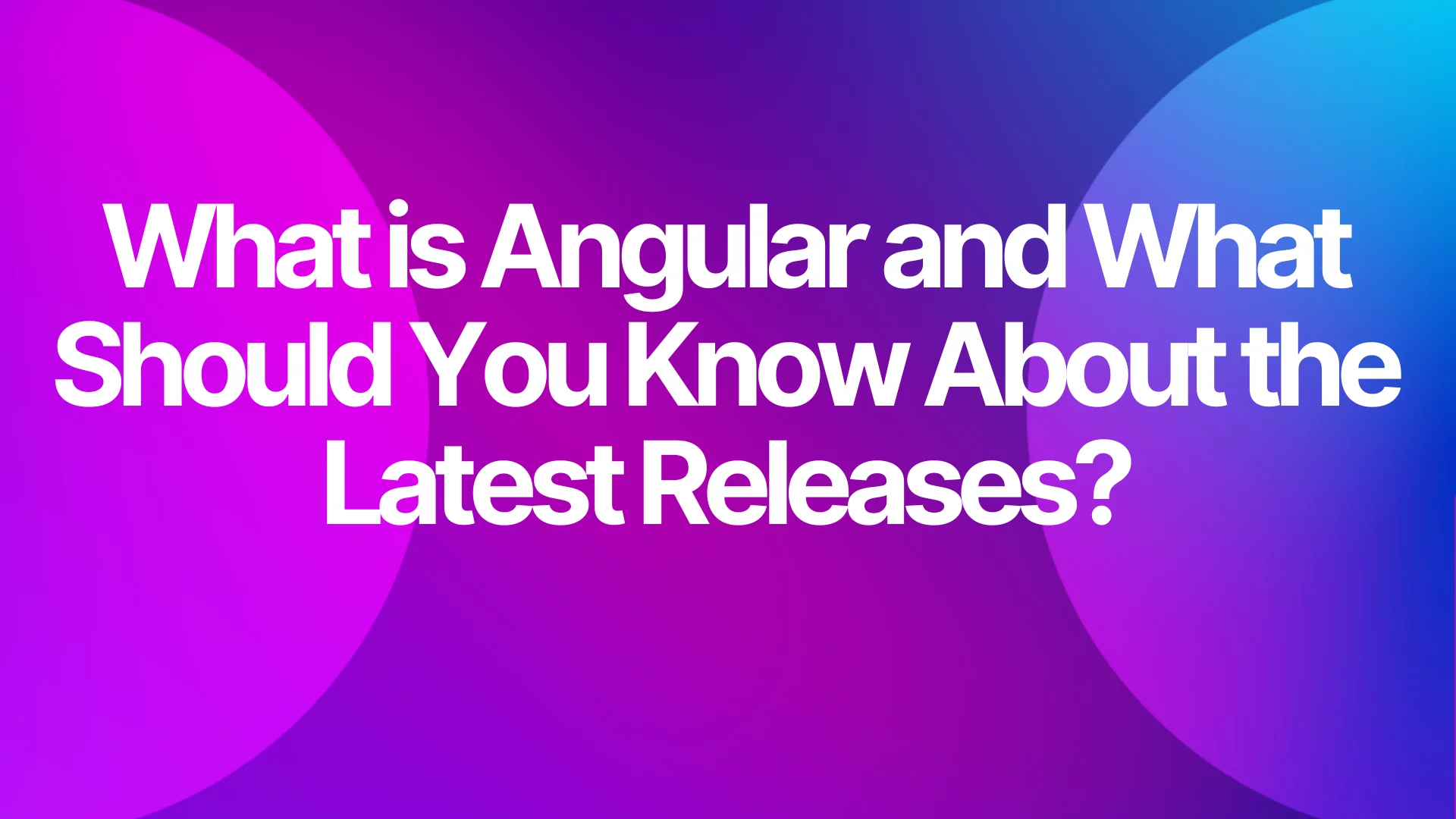
Angular is a modern open-source framework for building dynamic Single Page Applications (SPAs). It was developed by Google and written in TypeScript. Angular is designed to help you create …

In this article, we invite you to join us on a journey of transformation. We’re sharing how we migrated our blog from WordPress to an Angular-based, headless architecture—a process …
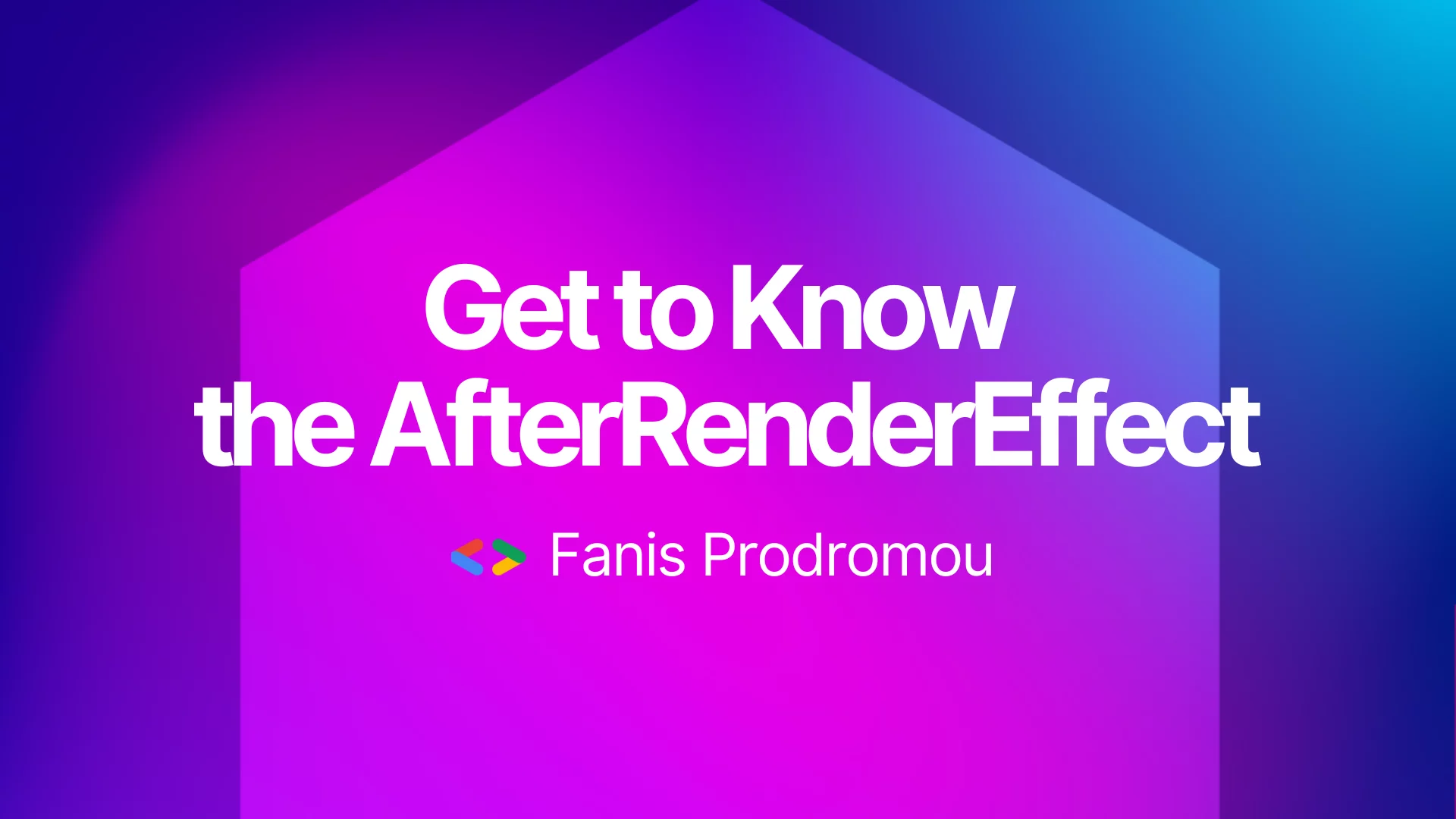
Angular 19 introduced a powerful new hook called afterRenderEffect, combining the capabilities of effect and afterRender into a single, efficient function. This makes it easier to manage side effects …
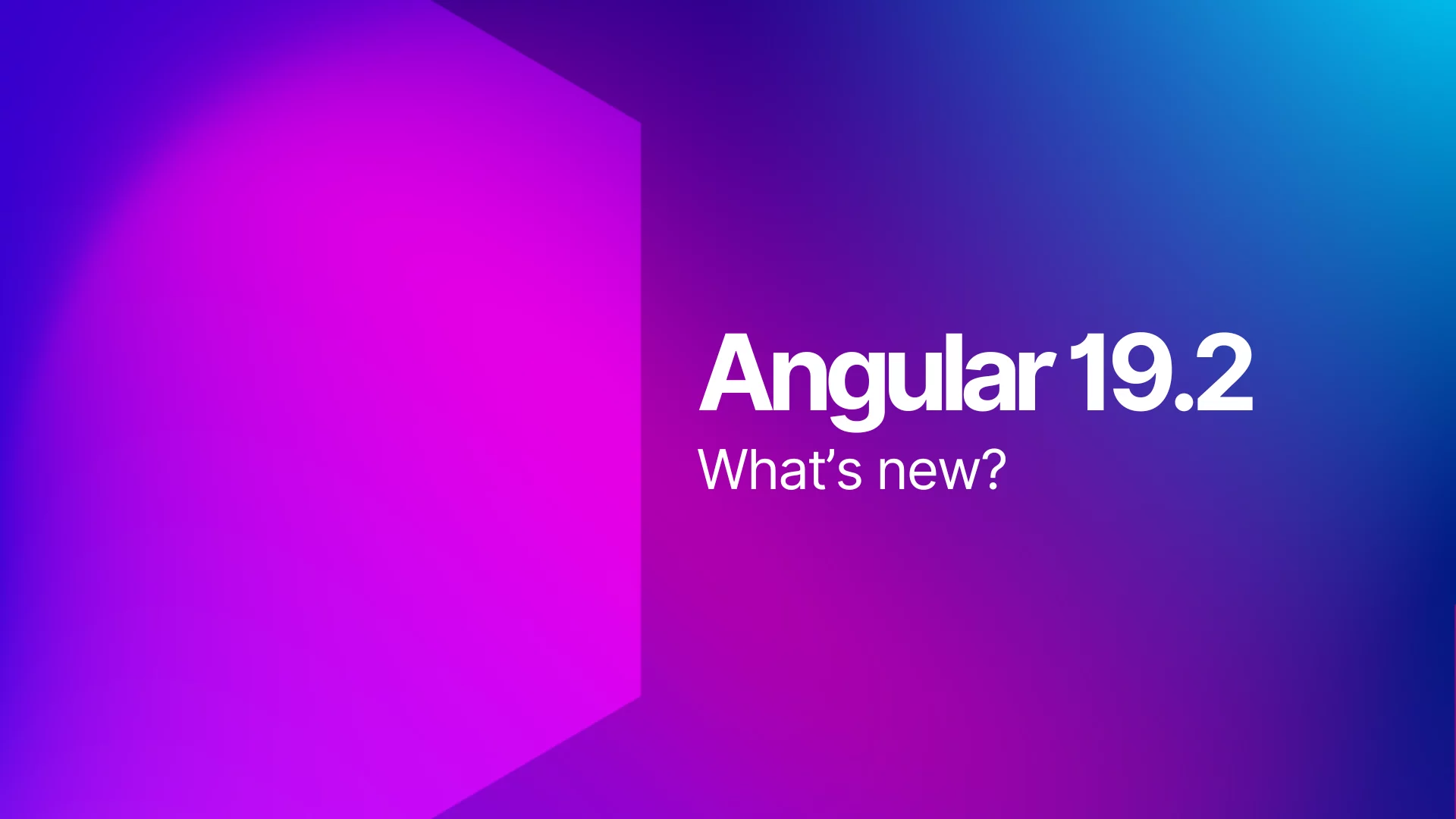
Angular 19.2 introduces a range of improvements to enhance performance and usability when working with the framework. This version includes new features such as better resource management, support for …
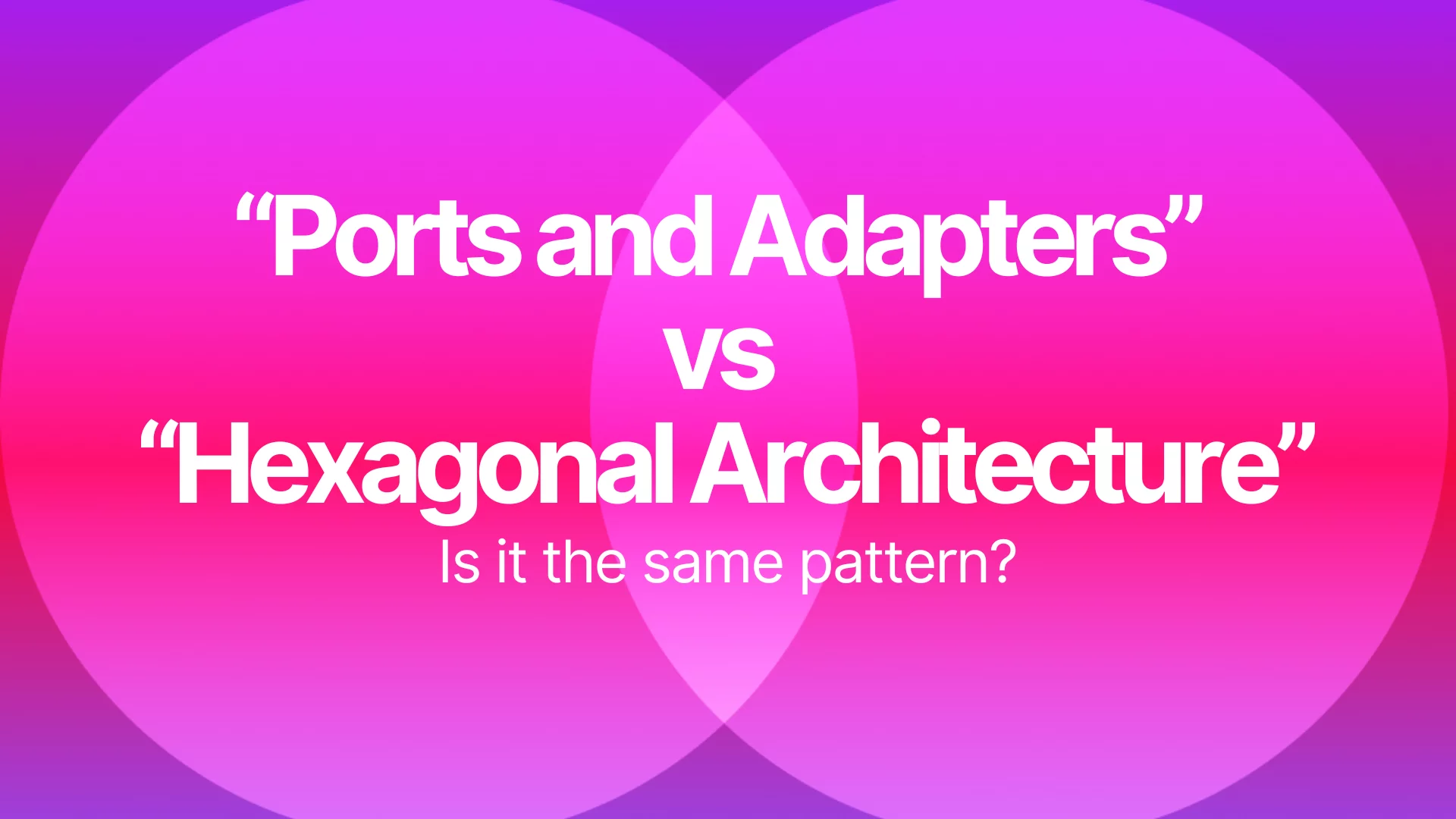
“Hexagonal Architecture” emphasizes the idea of a core surrounded by multiple sides (like a hexagon, but the number of sides does not matter) representing different external systems (adapters), with …

Angular 19 was an amazing release and shipped great features. One of them is the LinkedSignal. The tl;dr version is that LinkedSignal is similar to the computed function, with …
The Angular team constantly introduces new features and tools to make development easier. One of these helpful tools is 'generators.’ These generators automatically update your code to the latest …
Consider User Interface (UI) as an independent standalone layer made of small and reusable blocks -> first class citizens of every Angular app. Such an approach is called Component …
I bet you’ve already heard/read about state management. If not, I bet again that you want your applications to be easier to maintain/extend. Of course, having state management in …